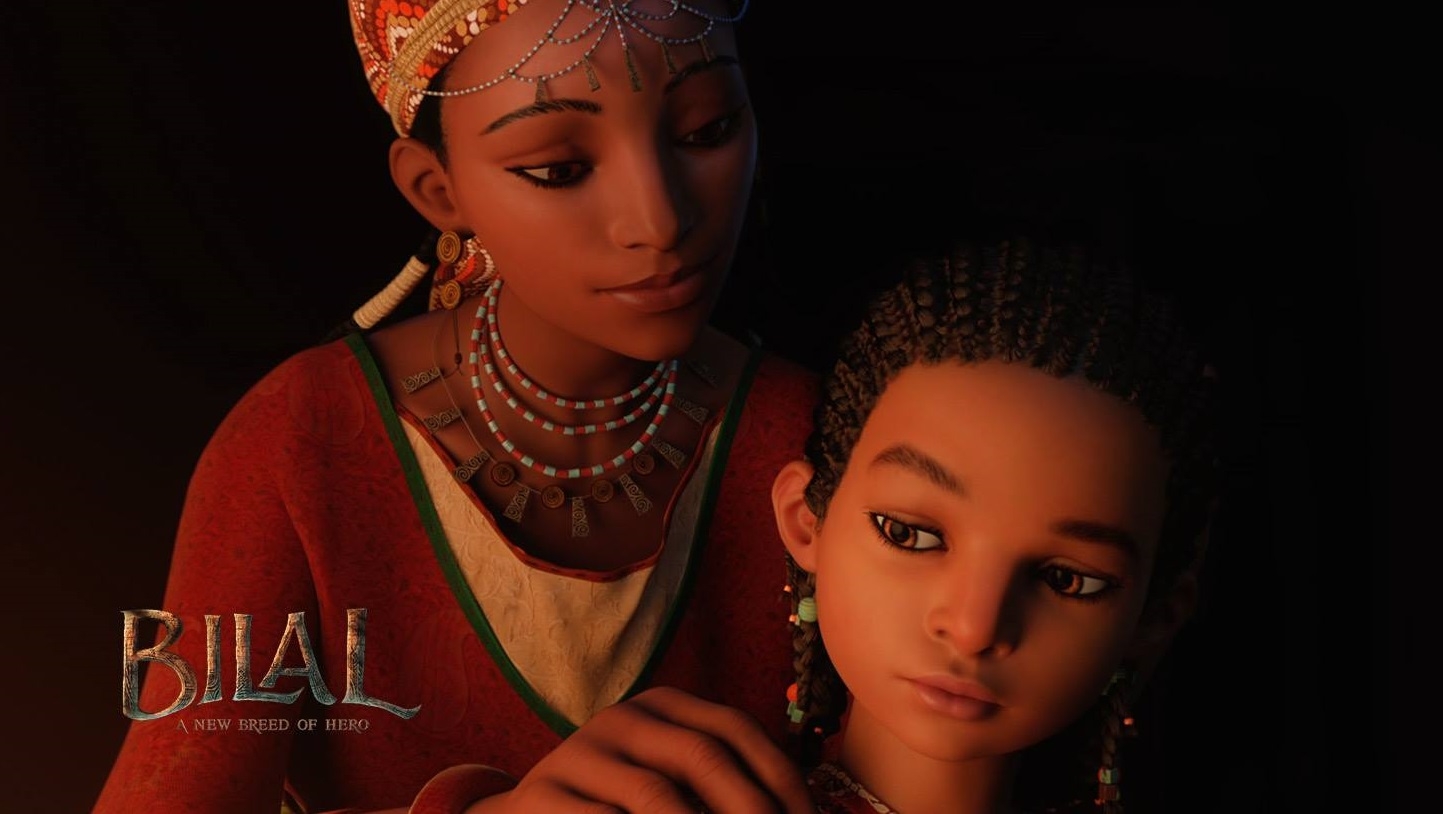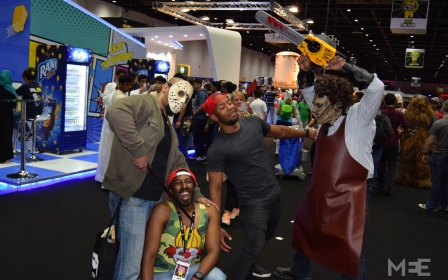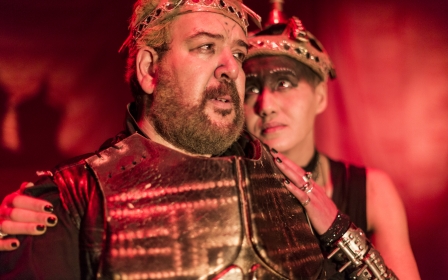'Bilal' marks a good effort for Dubai’s first animated feature

CANNES, France - For all its overwritten and cliched script, male-centric narrative and moralising, Bilal: A New Breed of Hero is a visually beautiful film that makes an interesting point about the capacity for good and evil within all of us.
Dubai’s first animated feature, the film premiered at the 69th Cannes International Film Festival this year. Written and directed by ex-banker Ayman Jamal, it is based on the true story of Bilal Ibn Rabah, an Ethiopian who breaks the chains of slavery to become the Islamic world’s first muezzin (prayer-caller) and one of the first followers of the Prophet Mohammed.
The 1400-year-old narrative follows Bilal as he battles with the evil force of greed, in the process coming to understand his capacity to choose to be free - if not literally, then within himself. Eventually, led by a kind master and after extreme suffering and humiliation, Bilal breaks his literal bondage as well, becoming a leader and inspiration to his community.
“Coming from a place where we don’t have any funding… or even a studio, we had to develop everything from zero to make this movie,” said Jamal speaking at the film’s screening on 14 May. The director also said he had plans to grow the Arab animation industry.
Opening with the abduction of Bilal and his sister, Ghufaira, who are then taken into slavery, much of the film - despite its preaching that wars do not make “great men” - is spent in violent bloodbaths, battle scenes and sword fights. The women, of course, are absent through all of this, playing marbles, hanging laundry and cheering when their men return from the battlefield. Granted, it is set more than 1,000 years ago in Mecca, but all the female characters fall completely flat; figures to be saved and protected by their male counterparts.
While the animation, produced by the newly founded Barajoun Entertainment studios, feels plastic at points, the characters and costumes are beautifully crafted. In one scene, Bilal, chained, beaten and almost starved to death, imagines himself riding a horse birthed from the sand through the region’s windswept dunes in a whimsical, visually stunning moment of the film. The film’s grandiose Hollywood-esque score, by composer Atli Örvarsson, can be forgiven at points like this.
Bilal’s other most redeeming feature is its exploration of greed through the era’s idol-worshiping masters (who feast as their slaves are beaten). While the English script feels a little stunted and overwritten at points, there are some valid, illuminating moments. Lessons can be taken from statements like the evil priest’s “there is only one God, and it is money,” or Bilal’s mother’s advice to him early in the film: “Great men are those that have the will to choose their own destiny.”
Before her capture, Bilal’s beautiful mother tells him all men are free and can only be chained by their own hearts - a universal and hopeful message. The tone is however, a little overtly preaching and religious.
Costing $30 million, Bilal was co-directed by Jamal and Khurram H. Alavi and backed by equity investors with some support from the Doha Film Institute. It was first produced in English, voiced primarily by Ian McShane, Adewale Akinnuoye-Agbaje and John Eric Bentley, with an Arabic version soon to come.
According to director Hurram Halavi, animation was the best way to tell the visually complex, supernatural tale. Battle scenes with footsoldiers, horses and violence took months and a team of 360 people to complete.
The film premiered at Animation Day at Cannes alongside other new animated works and is set for worldwide release later this year.
Bilal is accompanied by a rich Arab-Middle Eastern programme at Cannes this year: other films include the “Un Certain Regard” opening film, Clash by Mohamed Diab, about the Egyptian revolution; Oscar-winning Iranian director Asghar Farhadi’s The Salesman, about a young couple from Tehran acting in an Arthur Miller play; Iranian director Behnam Behzadi’s Inversion, as as well as a number of films from Israel and Palestine including Asaph Polonsky’s One Week and a Day, Eran Kolirin’s Beyond the Mountains and Hills and Israeli-Arab director Maha Haj’s Personal Affairs.
Middle East Eye propose une couverture et une analyse indépendantes et incomparables du Moyen-Orient, de l’Afrique du Nord et d’autres régions du monde. Pour en savoir plus sur la reprise de ce contenu et les frais qui s’appliquent, veuillez remplir ce formulaire [en anglais]. Pour en savoir plus sur MEE, cliquez ici [en anglais].




